News
For all media enquiries email us at [email protected] or call 0478 854 644.
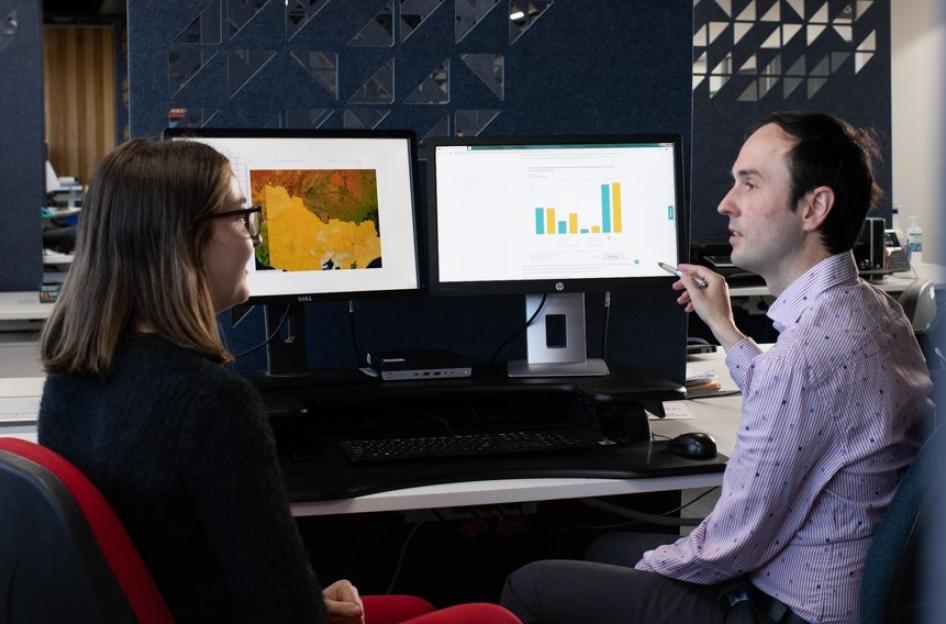
The latest data on family violence, assaults and drug and alcohol harms in Victoria are now available to guide targeted, effective alcohol and other drug responses, with GHB identified as an ongoing concern.
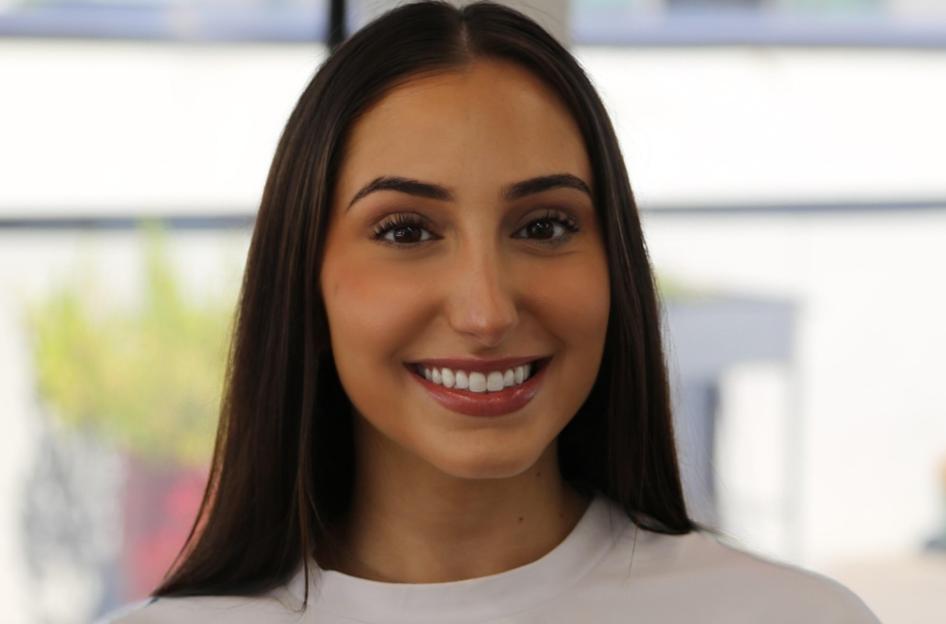
Ms Papadopoulos’s project will focus on the real-world implementation of a next-generation Cognitive Bias Modification (CBM) platform to support people undergoing alcohol withdrawal.

New research has found a post‑pandemic shift in the pattern of suicidal and self-harm behaviours among Victorian adolescents.
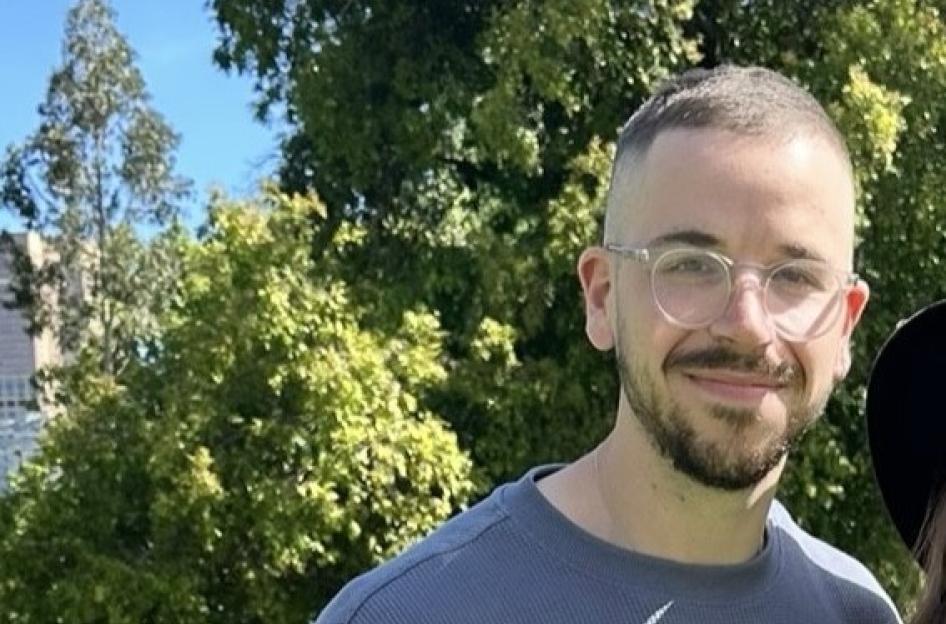
Recent graduate and senior peer support worker Jayden Fisher shares insights into the benefits of postgraduate study in Addictive Behaviours with Monash University.
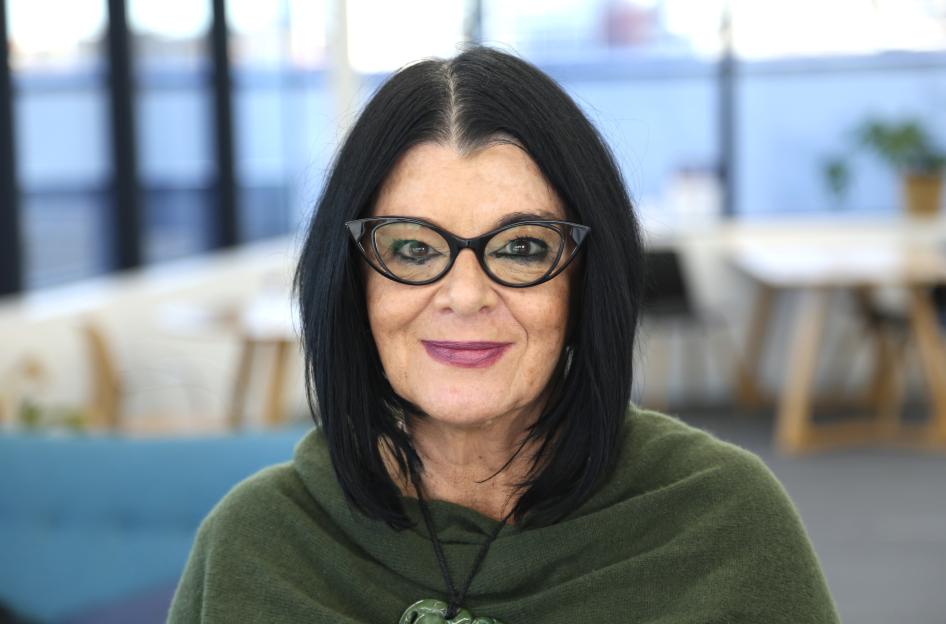
New research from Dr Anni Hine Moana explores the need for culturally safe narrative practices that validate lived experience and support justice‑seeking.

New research from Turning Point provides valuable insights into drug driving, including opportunities for more effective responses.
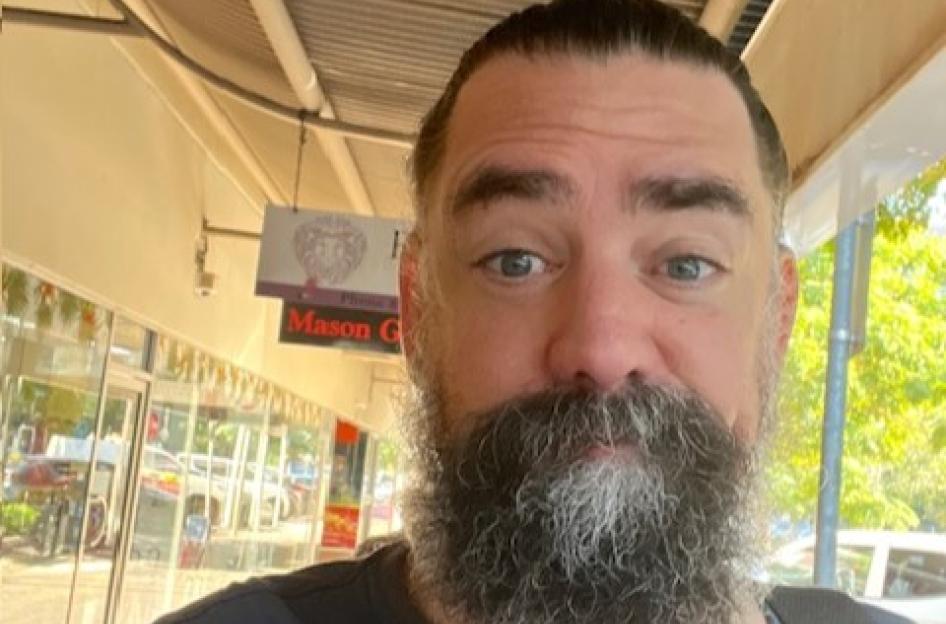
“The Graduate Diploma in Addictive Behaviours gave me insight into myself while also being the catalyst to rapid career advancement,” says nurse practitioner candidate Timothy Cann.
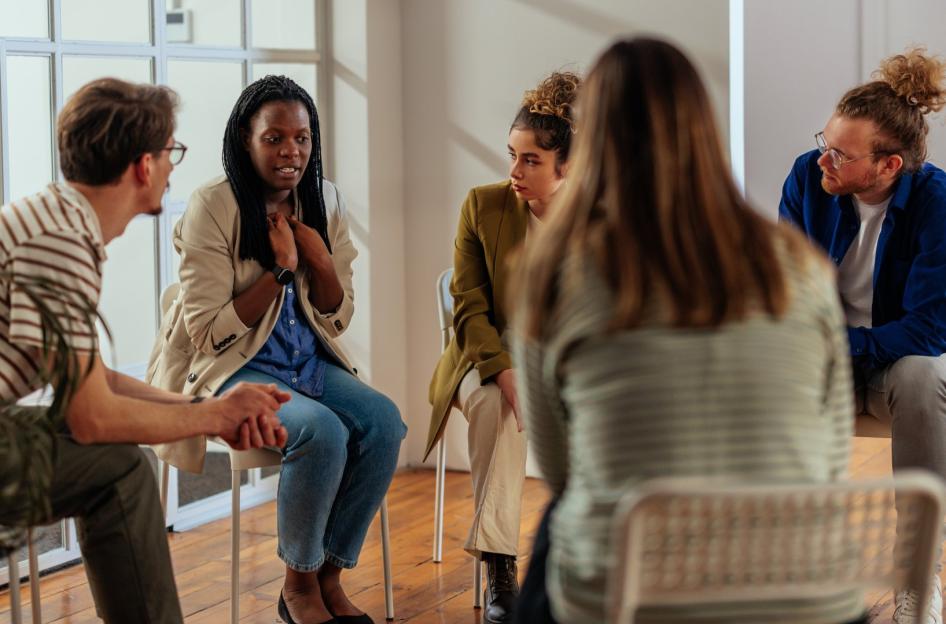
New research from Turning Point, Monash University and RMIT University has identified the mechanisms and techniques underpinning good care in alcohol and other drug residential rehabilitation.

A range of new data has just been released on the AODstats website, which provides information on the harms that Victorians are experiencing in relation to alcohol, pharmaceutical drug use and illicit drug use.
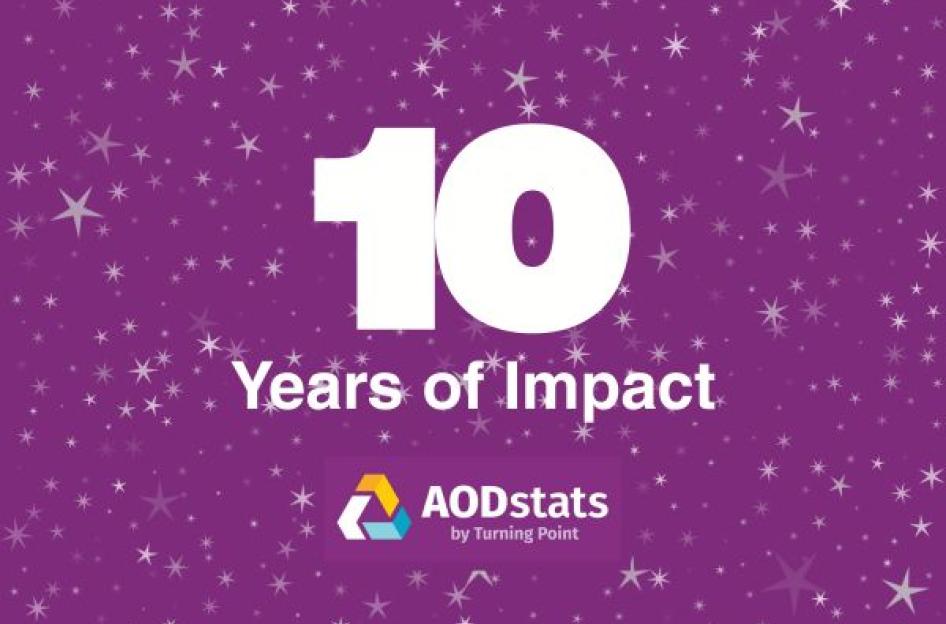
For 10 years, the AODstats data site has delivered up-to-date evidence that informs life-saving decisions on alcohol and other drug policies and planning.

One of the highest honours in Australian health and medical sciences, election to the Australian Academy of Health and Medical Sciences (AAHMS) recognises Professor Lumban as one of the nation’s most outstanding minds in health and medical research, innovation and leadership.

Smartphone-based cognitive training could become an accessible and effective addition to standard treatment for alcohol use disorder.